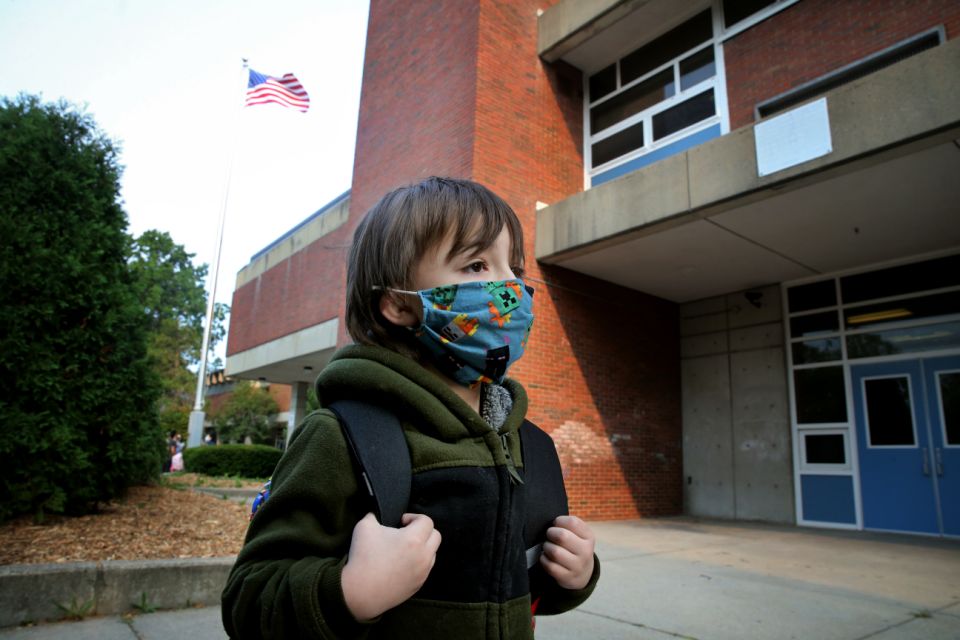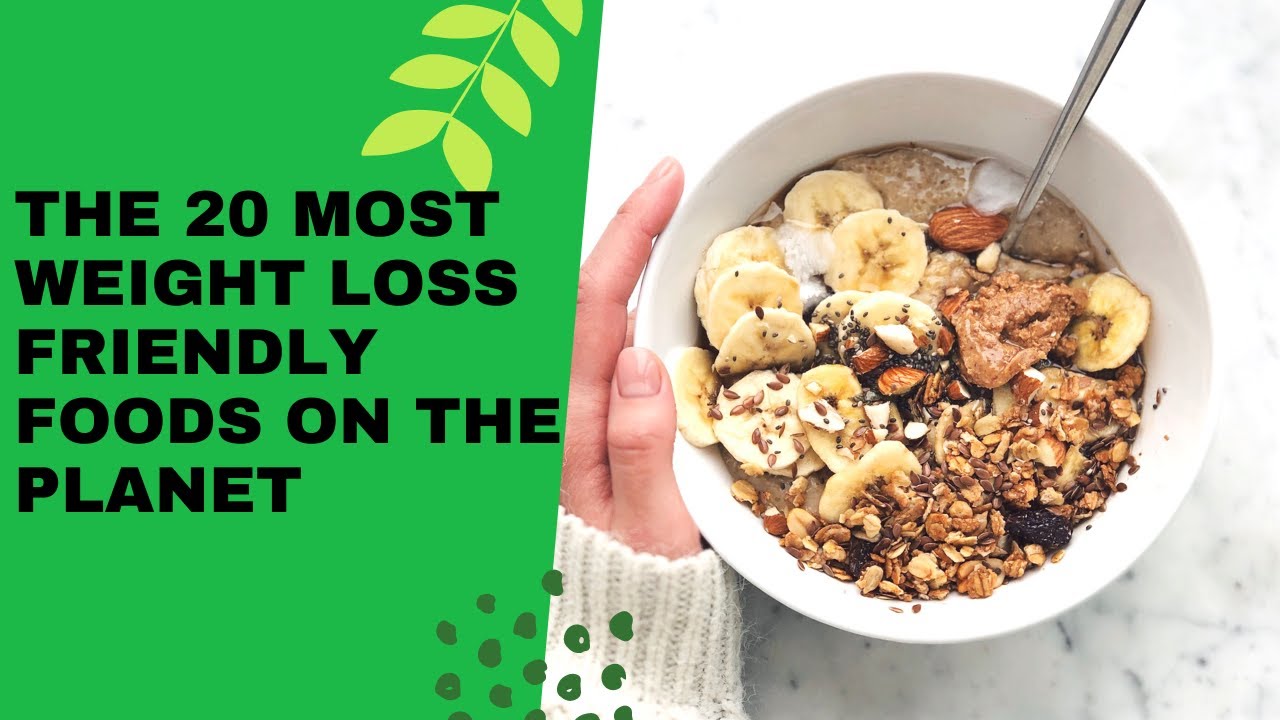
QUINCY, MA - SEPTEMBER 17: A boy arrives for the first day of school at the Lincoln-Hancock Community School in Quincy, MA on September 17, 2020. Thursday was the first day of in-person learning for half of the students (Cohort B) enrolled in the schools hybrid model. The school also offers a fully remote learning program. (Photo by Craig F. Walker/The Boston Globe via Getty Images)
Data has shown that children, as a whole, have less severe cases of COVID-19 infections than adults. Now a new study may explain why: They have a better immune response to the virus.
The study, published in the journal Science Translational Medicine, analyzed immune responses in 65 children and 60 adults with COVID-19 at a hospital system in New York City by looking at blood and cell samples. The researchers discovered that the children had a shorter length of stay, less of a need for mechanical ventilation and a lower mortality rate than adults.
Previous research has found that a dangerous immune response to COVID-19 has been linked to acute respiratory distress syndrome (ARDS), which can have severe outcomes in adults, including a great need for mechanical ventilation and a higher risk of death. It’s less common for children to have those severe consequences, which has caused some experts to theorize that their immune response to the virus is suppressed.
But the study found that children actually produce higher levels of two immune system molecules called cytokines, specifically interleukin 17A (IL-17A), which helps prompt an immune system response early in an infection, and interferon gamma (IFN-γ ), which tries to stop the virus from replicating. The researchers found that the younger the patient, the higher their levels of IL-17A and IFN-γ. “This suggests that IL-17A and IFN-γ or the cells that produce them contribute to immune protection, particularly against lung disease,” study co-author Dr. Betsy C. Herold, chief of the Division of Pediatric Infectious Diseases at Albert Einstein College of Medicine, tells Yahoo Life. “Our findings suggest that boosting innate immune responses early in the disease may be beneficial.”

QUINCY, MA – SEPTEMBER 17: A boy arrives for the first day of school at the Lincoln-Hancock Community School in Quincy, MA on September 17, 2020. Thursday was the first day of in-person learning for half of the students (Cohort B) enrolled in the schools hybrid model. The school also offers a fully remote learning program. (Photo by Craig F. Walker/The Boston Globe via Getty Images)
A boy arrives for the first day of school at the Lincoln-Hancock Community School in Quincy, Mass., on Sept. 17. (Craig F. Walker/The Boston Globe via Getty Images)
“Takeaway message: Kids do get infected and can get very sick but, in general, do better when infected with the virus,” Herold says. “This age-associated difference may reflect differences in immune responses.”
Looking at specific forms of cytokines is important here, Dr. Danelle Fisher, a pediatrician and vice chair of pediatrics at Providence Saint John’s Health Center in Santa Monica, Calif., who did not participate in the study, tells Yahoo Life. Cytokines are a group of proteins in the immune system, she explains. “Every cell in the human body has cytokines in it,” she says. “If the cells release the cytokines, then they have effects on the immune system.”
Each cytokine has a slightly different impact on the immune system. “Some can be helpful, some can have dangerous effects,” Fisher says. “But the ones children are releasing more of seem to be more effective at fighting off SARS-CoV-2 than other cytokines that adults tend to release more.”
That appears to be what’s sparing children from severe illness from COVID-19, she says. According to one analysis of pediatric COVID-19 hospitalization data from the Centers for Disease Control and Prevention (CDC), about eight per 100,000 children were hospitalized with COVID-19, compared to 164.5 per 100,000 adults.
“There has always been this mystery of why children have milder cases of COVID-19 and are less represented among the hospitalized,” Dr. Amesh A. Adalja, senior scholar at the Johns Hopkins Center for Health Security, who did not participate in the study, tells Yahoo Life. “The immune response in children seems to be different.”
While the study’s authors didn’t explore why the immune response is different in children versus adults, Adalja says it’s likely evolutionary. “Immune systems develop over time, and children’s immune systems face different threats than adults’,” he says. “They evolved this way.”
The study results are exciting, but Dr. Chris Carroll, a pediatric critical care physician at Connecticut Children’s Medical Center, cautions against putting too much weight in them. “This study provides an important clue in investigating the differences in immune response to the SARS-CoV-2 virus,” he says. “But more work needs to be done to determine the specifics of why children have less severe infections.”
Carroll is also wary that the study only took a snapshot of the patients’ immune response. “The immune response to an infection may change over time, so future studies need to examine how that response changes with illness,” he says.
Overall, though, experts say this study may help with finding a treatment for COVID-19. “Learning about this is important because some of the treatments we’re thinking about for COVID-19 are immune modulators,” Adalja says. (Immune modulators are a type of immunotherapy that enhances the body’s immune response.) “It will be interesting to see if we can harness how children respond to the virus to make better treatments,” he says.















